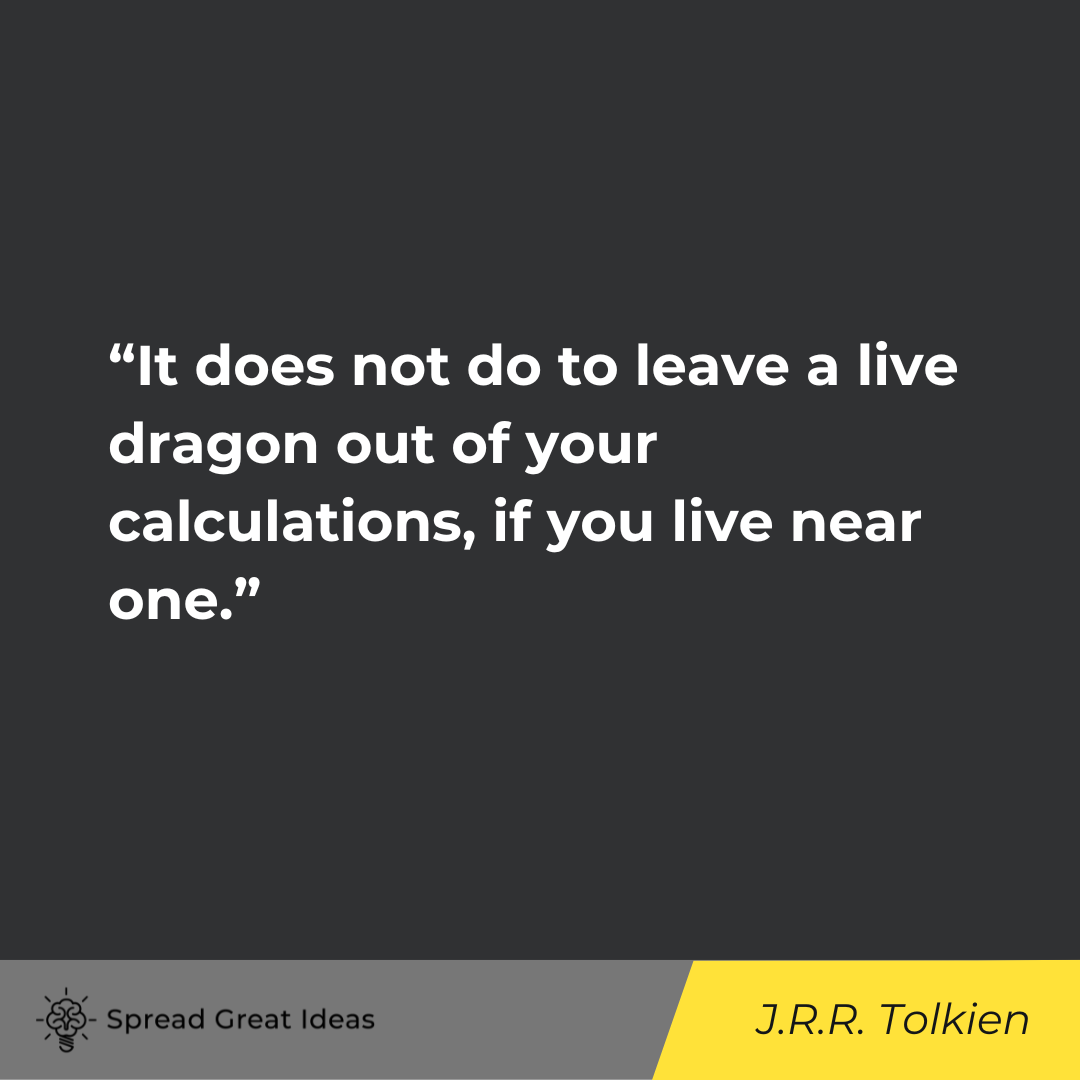Table of Contents

The key to achieving goals is in planning for them, breaking them down into smaller steps that will lead you down the path to whatever you classify as success.
Here’s a pop culture allegory for you.
Batman doesn’t have the physical strength to throw a steam locomotive into the sun. He cannot shoot lasers out of his eyes, or run faster than the speed of the world’s fastest man. He can’t even fly. He’s not Superman.
Yet, Batman has defeated Superman and countless others. He seemingly can’t be beat, but how?
Because he plans. For example, if Batman is going up against Superman, he knows he needs to bring along the one thing that can impair Superman completely. That is pure genius on Batman’s part.
The point is, that with some planning and forethought, you can achieve anything you set your mind to.
However, be careful because planning too much can lead to inaction. There are people who have spent years developing business plans without ultimately founding a business. It’s well documented that perfectionism is the enemy of productivity—and your mental health—and excessive planning often leads to a perfectionist mindset.
With that caveat out of the way, here are some of our favorite quotes about, planning your goals, planning for the future, and strategic planning. Several of the strategic planning quotes relate to warfare, please don’t use them for that specific purpose.
Quotes About Strategy and Forming Plans
Dwight D. Eisenhower
“I tell this story to illustrate the truth of the statement I heard long ago in the Army: Plans are worthless, but planning is everything.”
– Dwight D. Eisenhower, National Defense Executive Reserve Conference
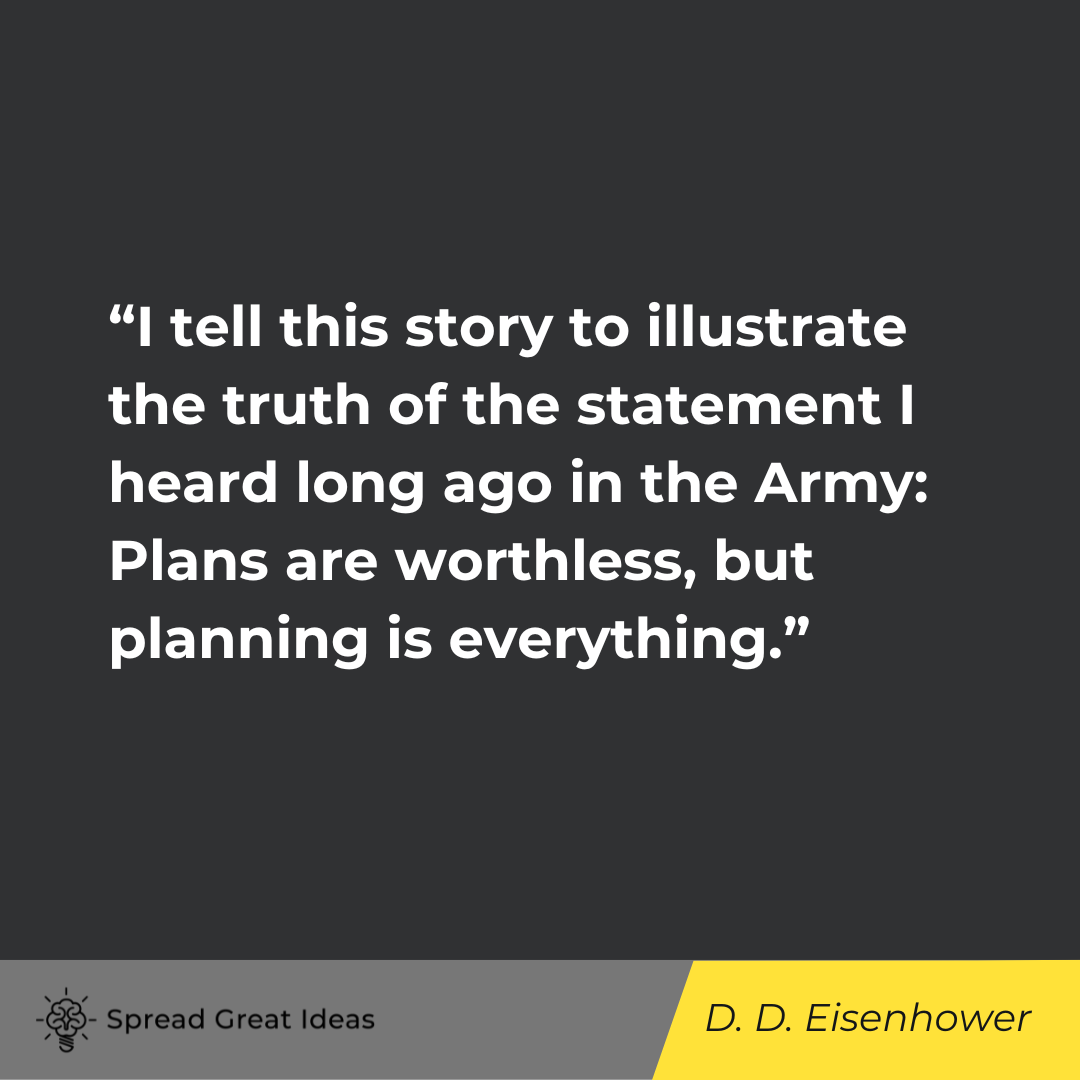
Sun Tzu
“Strategy without tactics is the slowest route to victory. Tactics without strategy is the noise before defeat.”
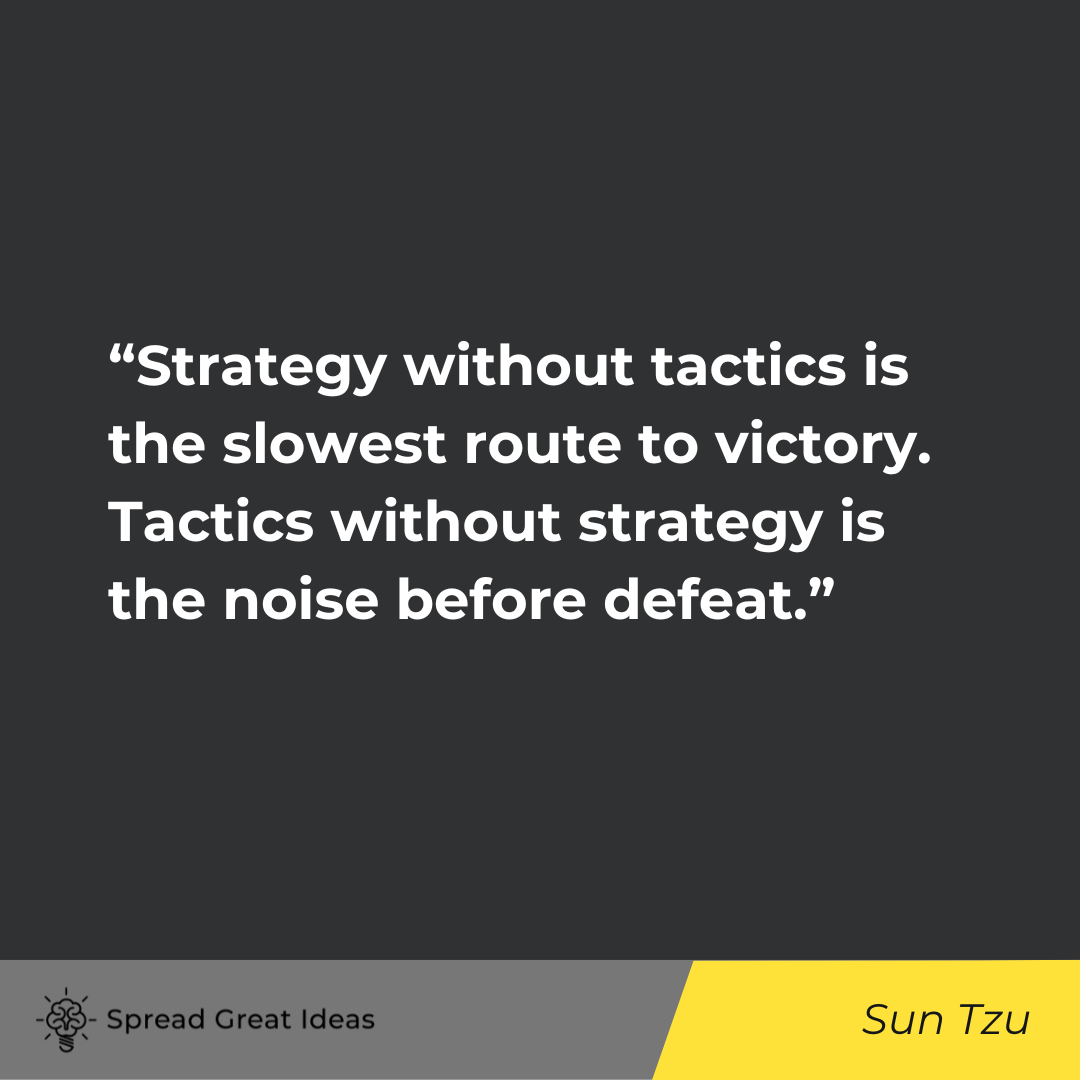
Unknown
“However beautiful the strategy, you should occasionally look at the results.”
– Unknown, often misattributed to Winston Churchill

“Beware the quiet man. For while others speak, he watches. And while others act, he plans. And when they finally rest… he strikes.”
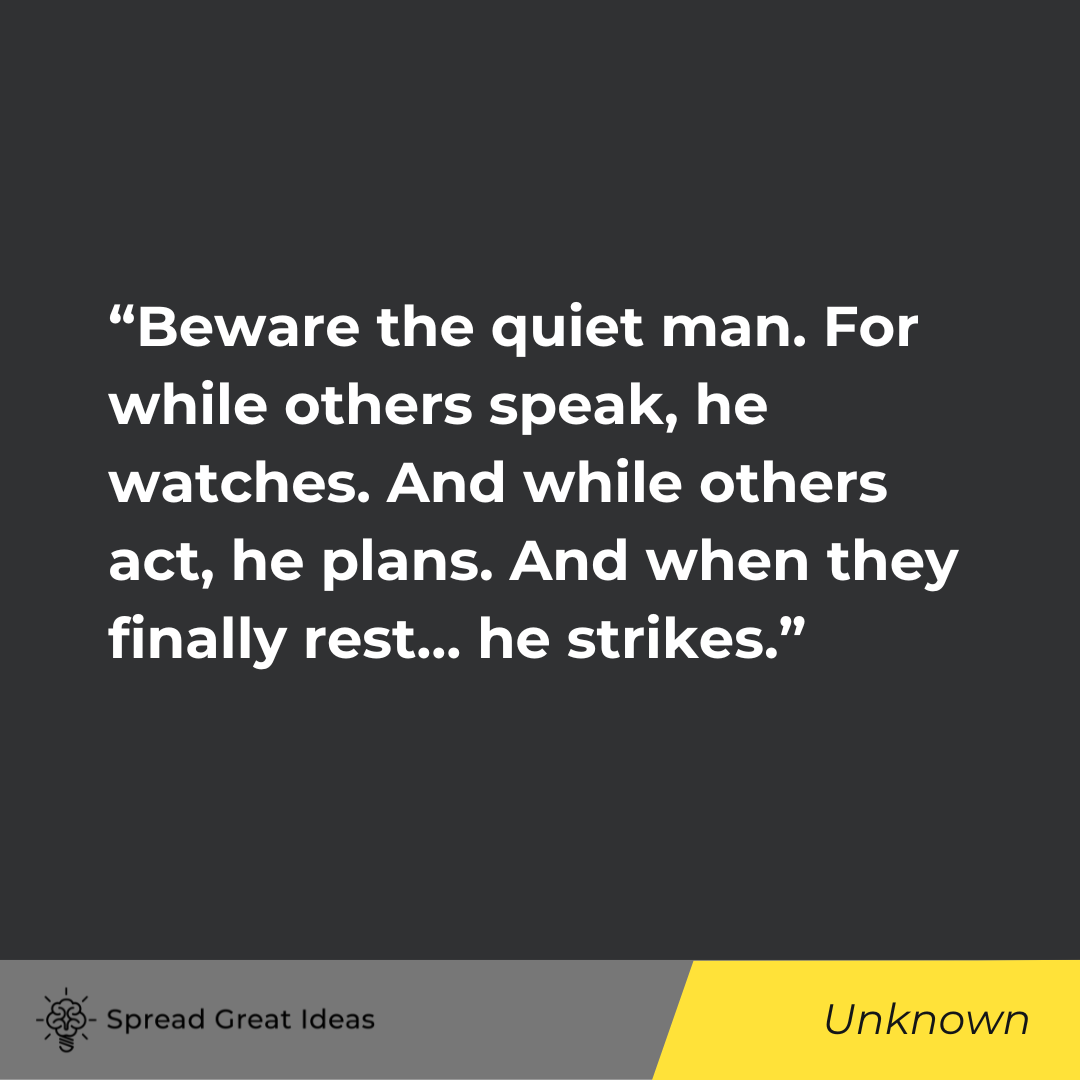
Finley Peter Dunne
“Trust everybody, but cut the cards.”
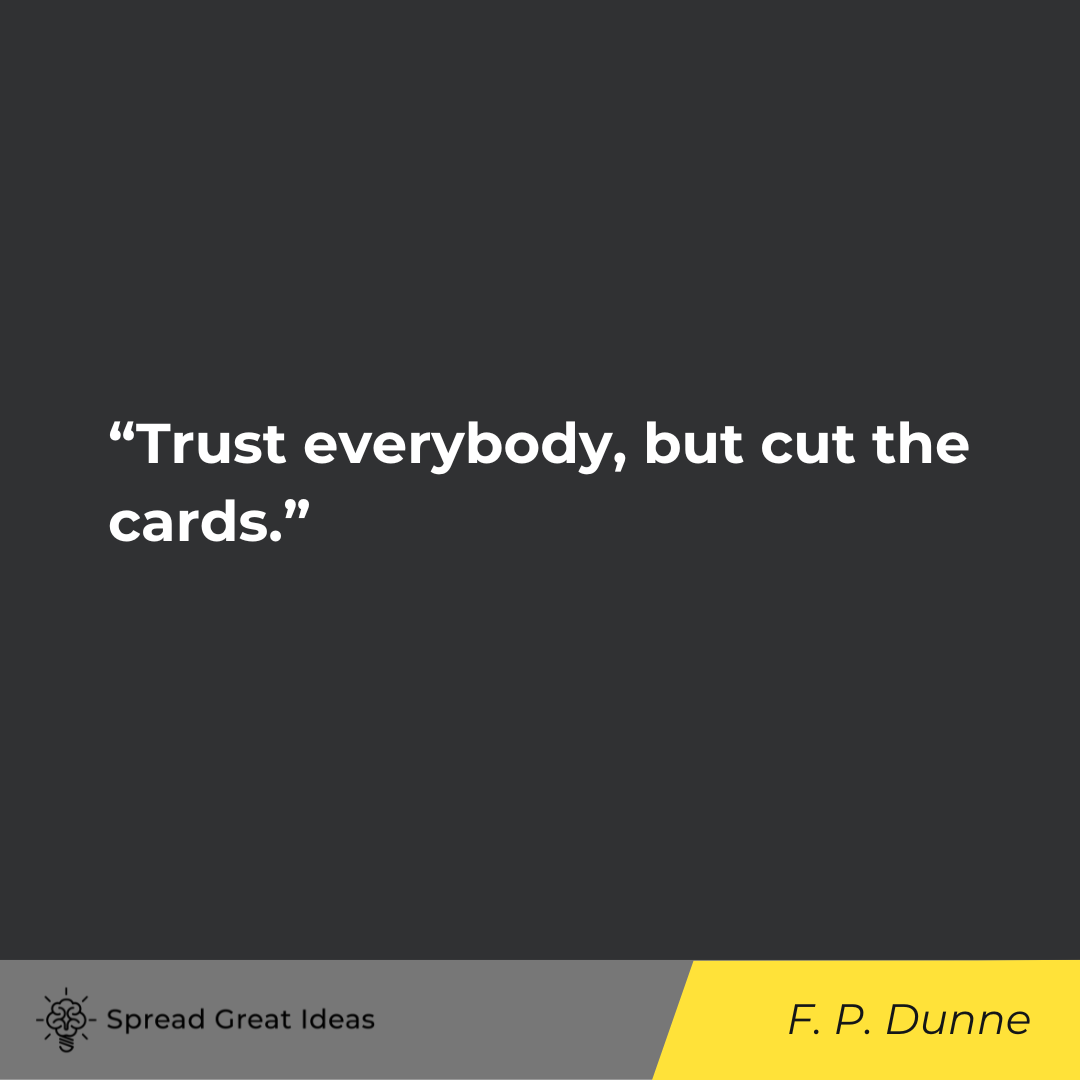
Napoléon Bonaparte
“I am sometimes a fox and sometimes a lion. The whole secret of government lies in knowing when to be the one or the other.”
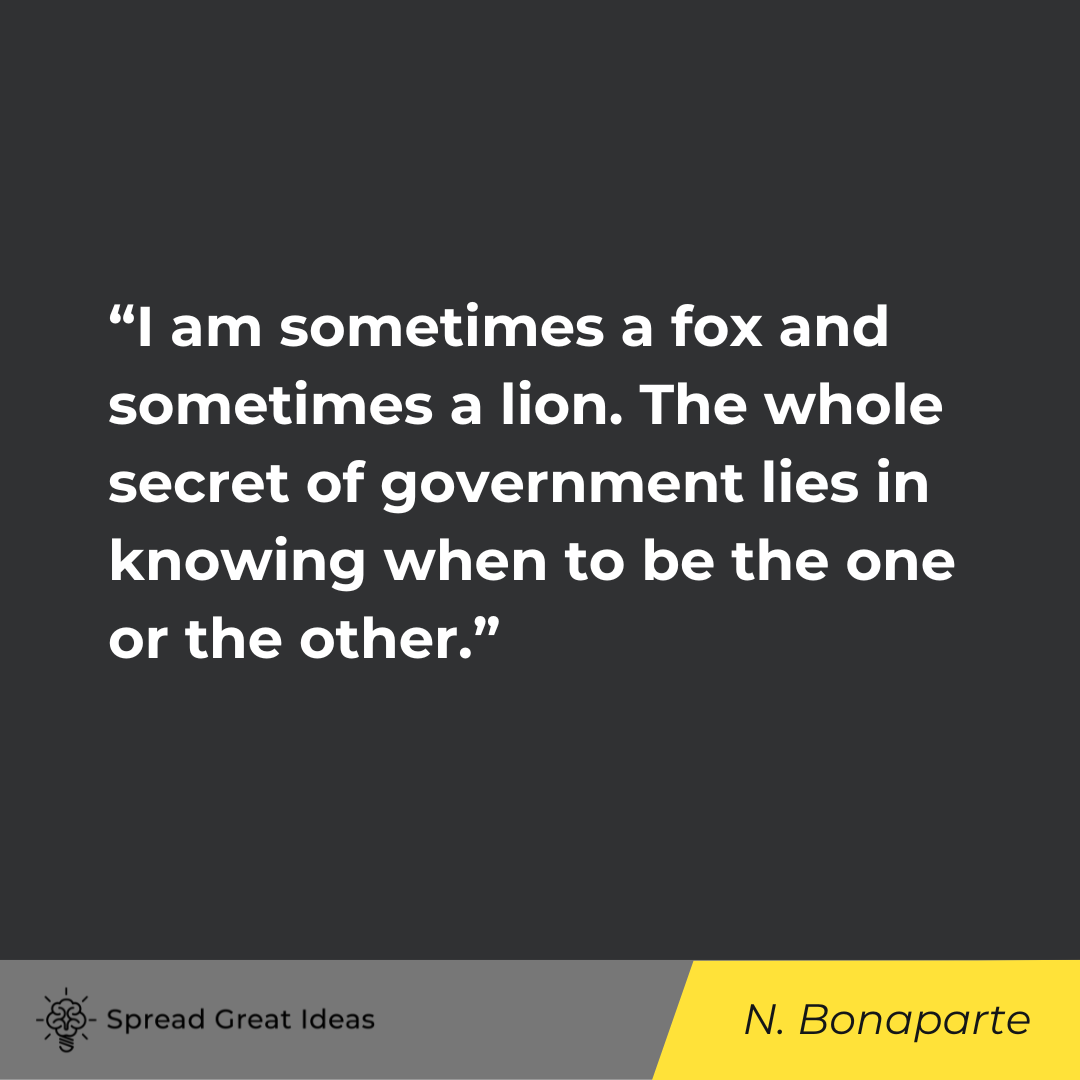
“If you wage war, do it energetically and with severity. This is the only way to make it shorter and consequently less inhuman.”
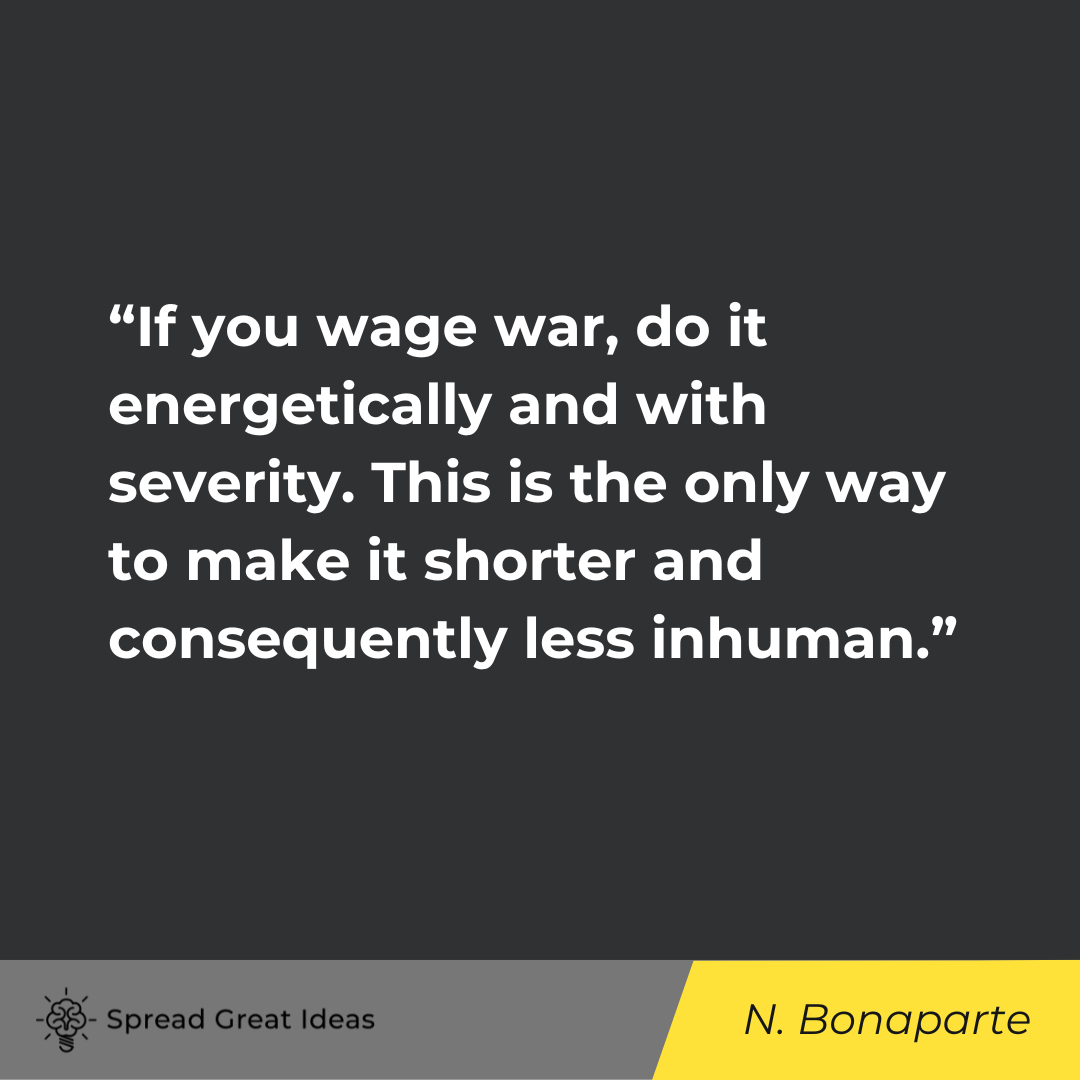
E.A. Bucchianeri
“Plot and plan like all good generals.”
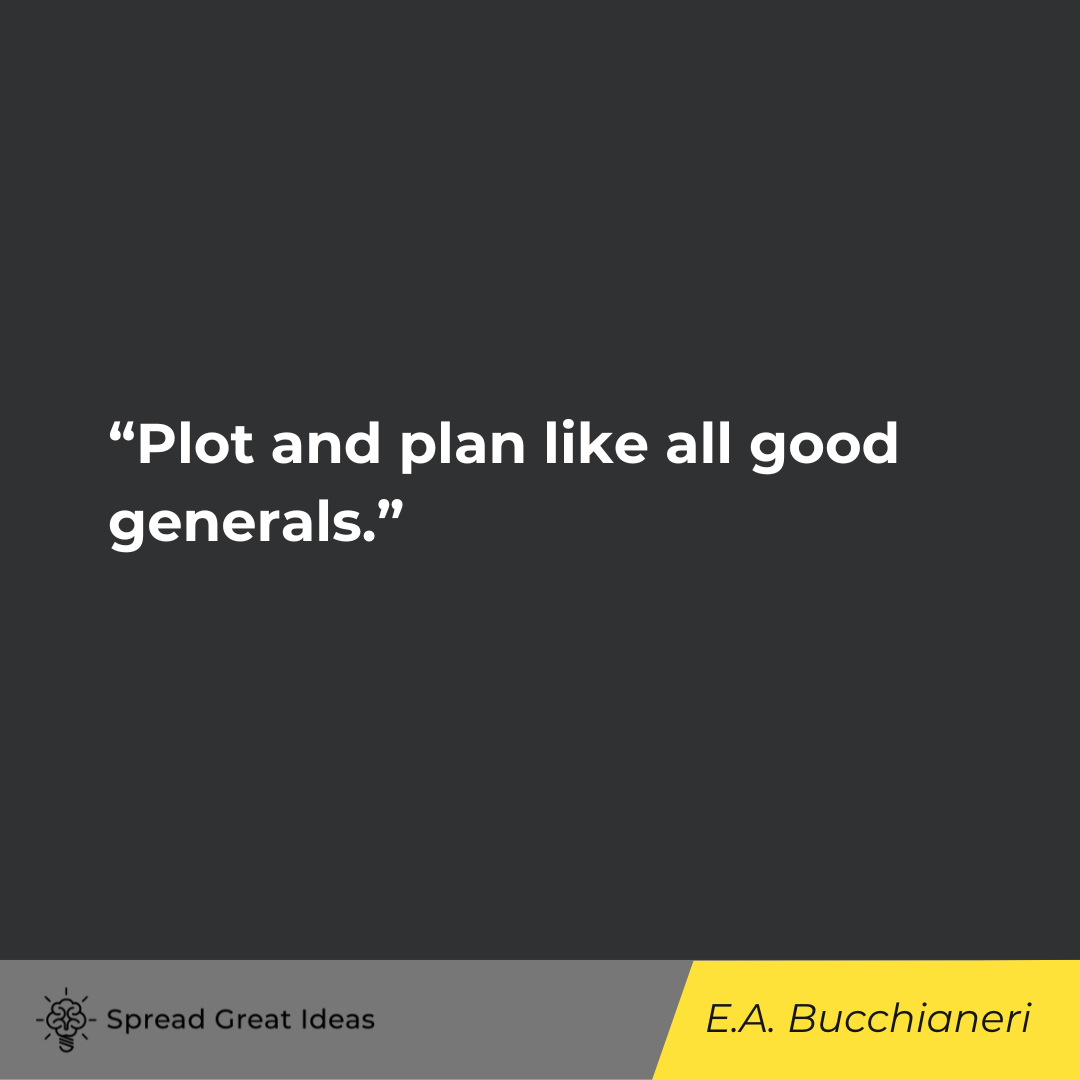
Davis Hackworth
“If you find yourself in a fair fight – you didn’t plan your mission properly.”
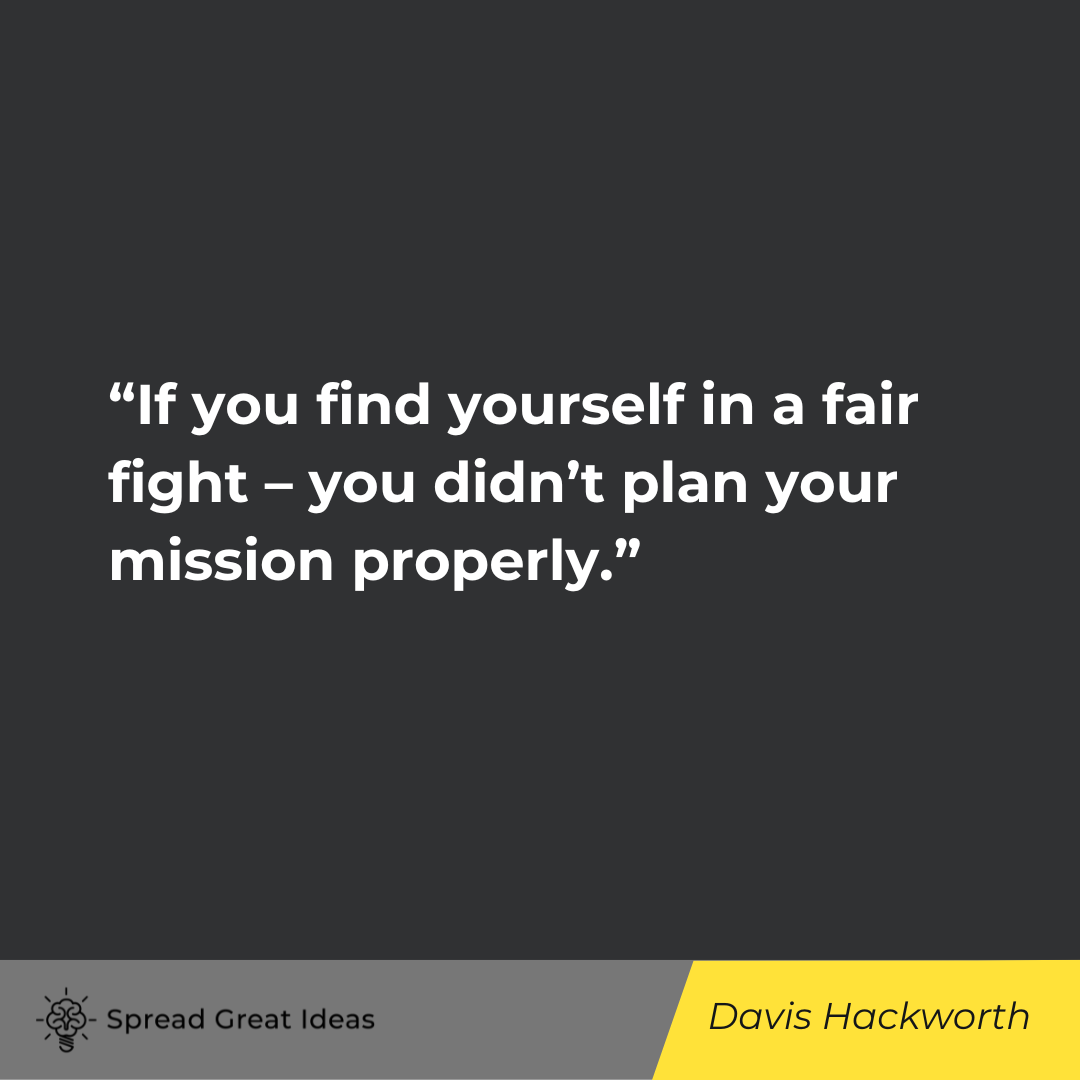
Charles de Gaulle
“In order to become the master, the politician poses as the servant.”
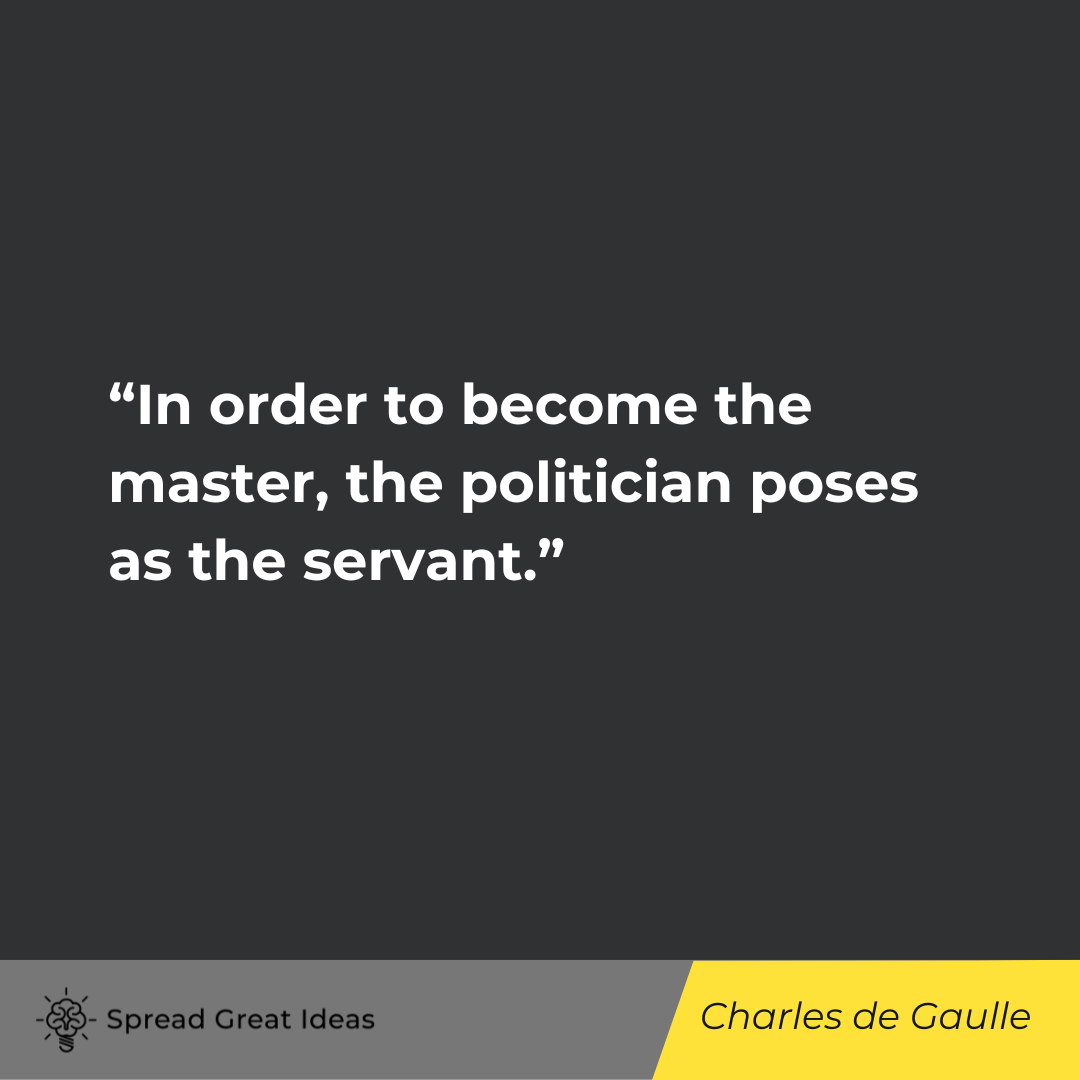
Niccolò Machiavelli
“No proceeding is better than that which you have concealed from the enemy until the time you have executed it. To know how to recognize an opportunity in war, and take it, benefits you more than anything else. Nature creates few men brave, industry and training makes many. Discipline in war counts more than fury.”
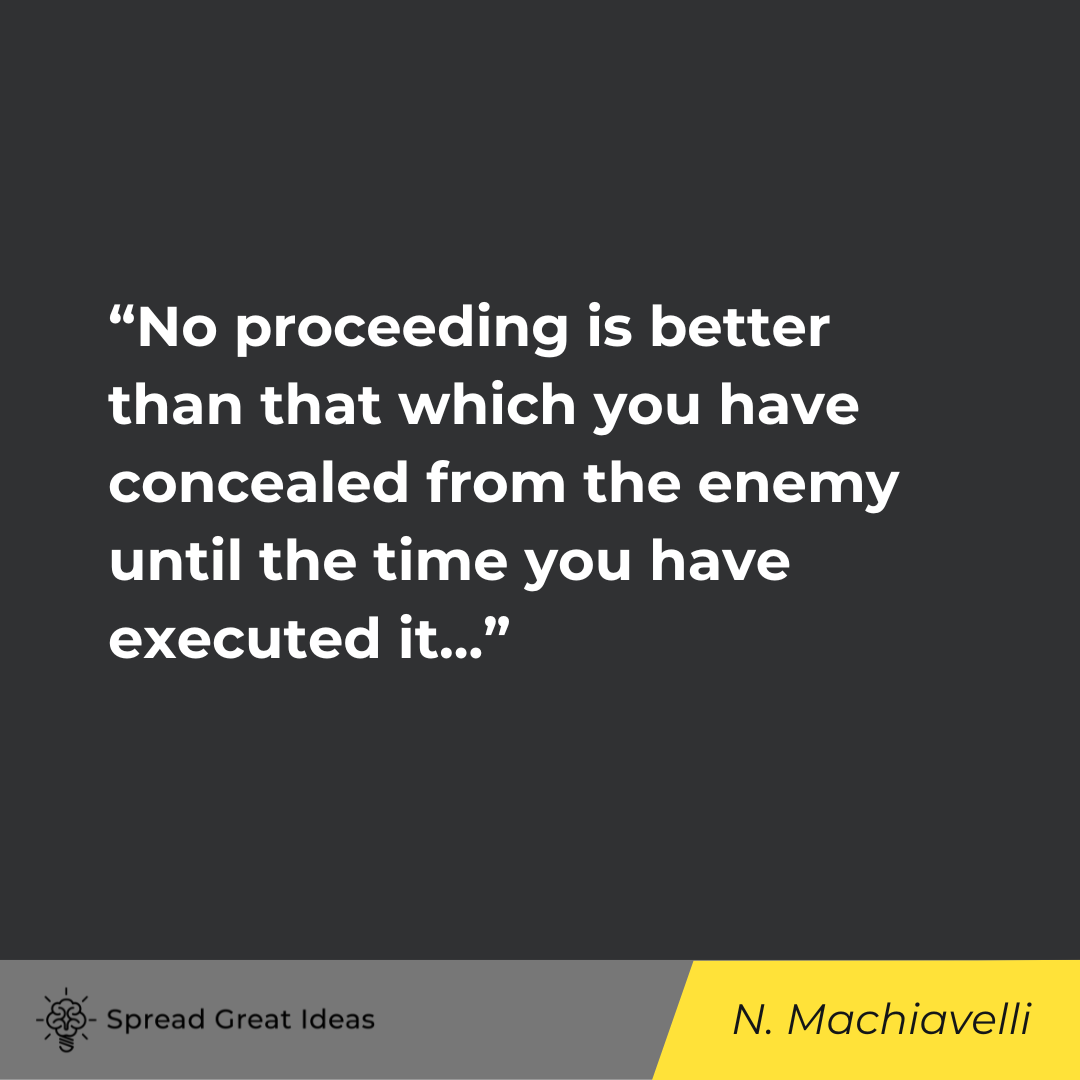
Wild Wild Country
“Pick your enemies carefully because the way your enemies fight is who you become.”

General James Mattis
“The Western democracies, including America, have a strategic deficit right now. We don’t teach enough military history in our universities. Strategy I don’t believe is taught well at all. There is this draw of young patriots into our armed forces. Young people who look beyond the hot political rhetoric and rally to the flag.
In the infantry case, it’s named for an “infant” soldier who are 18, 19, 20 year olds who are serving under 22 and 23 year old sergeants and lieutenants, and they’re willing to put it all on the line. We owe them a good strategy. We owe them a strong policy. That defends America, and then a strategy to carry it out.
I think at the higher levels in today’s information age is a sense that they really know what’s going on on the front lines because they see these pictures on the news. They can immediately pick up the phone and listen to conversations. But there needs to be a division of labor. Once the strategy is determined, then there’s a feedback loop to keep the political leaders fully informed. No surprises. But you take your hands off the steering wheel, and turn that over to the young officers on the battle field that’ve been trained and educated to carry out those responsibilities.
So why are we making the same mistakes? Part of it is the human condition. War is a fundamentally unpredictable phenomenon. At times you just can’t predict what’ll go wrong once you start out in this direction. One of the wisest mentors I ever had said: ‘Don’t ever tell your adversary what it is you will not do.’ That is a guiding principle for me. In other words, if we are going to pull out of a fight – don’t tell the enemy you’re going to do that. Because then they know when you’re not going to fight any longer. Don’t put yourself in a position where the enemy can simply wait you out. Force the enemy onto the horns of a dilemma. Create chaos in the enemy’s camp.
Don’t reassure them – even if you’re not going to do something. Don’t reassure them in advance. In this case (the Afghanistan War and the Iraq War) we were reassuring the adversary that we’re going to pull out. Our intelligence community called it exactly right when they warned us that if we pull all our troops out – if we have no more influence – over helping the Iraqi army defeat this army, then they’re going to back stronger than ever.
And you and I know now that ISIS did exactly that. We had to reintroduce the troops once again. The thousands killed, the tens of thousands wounded, the hundreds of thousands or millions forced into refugee status – we’ve seen the heartbreak of what happens when you make a bad strategic decision. You have to come to grips with reality. You cannot deny reality. Or reality will feed you a very, very tough pill.”
– General James Mattis
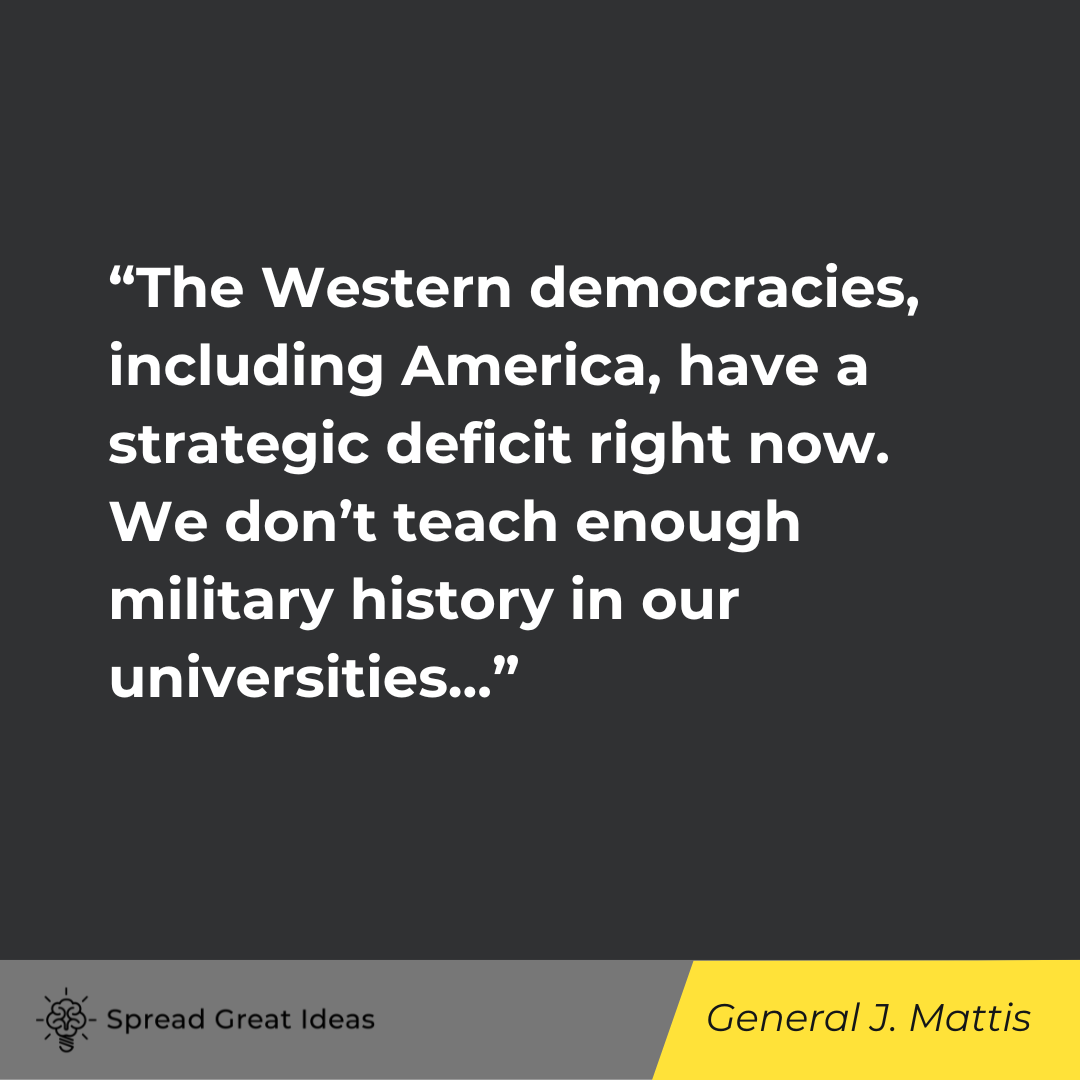
Dr. Ben Carson
“No matter how good you are at planning, the pressure never goes away. So I don’t fight it. I feed off it. I turn pressure into motivation to do my best.”
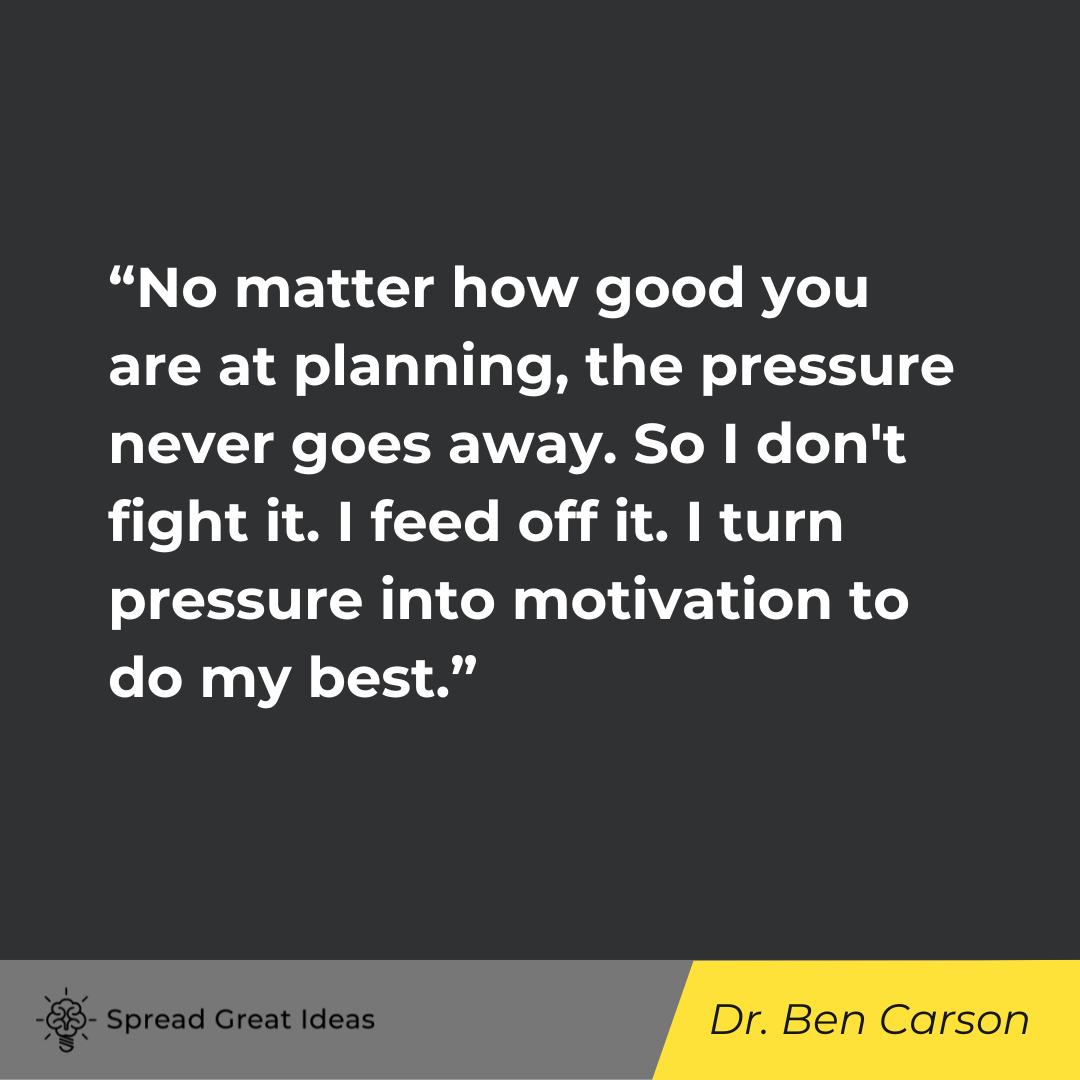
Napoleon Hill
“Create a definite plan for carrying out your desire and begin at once, whether you ready or not, to put this plan into action.”
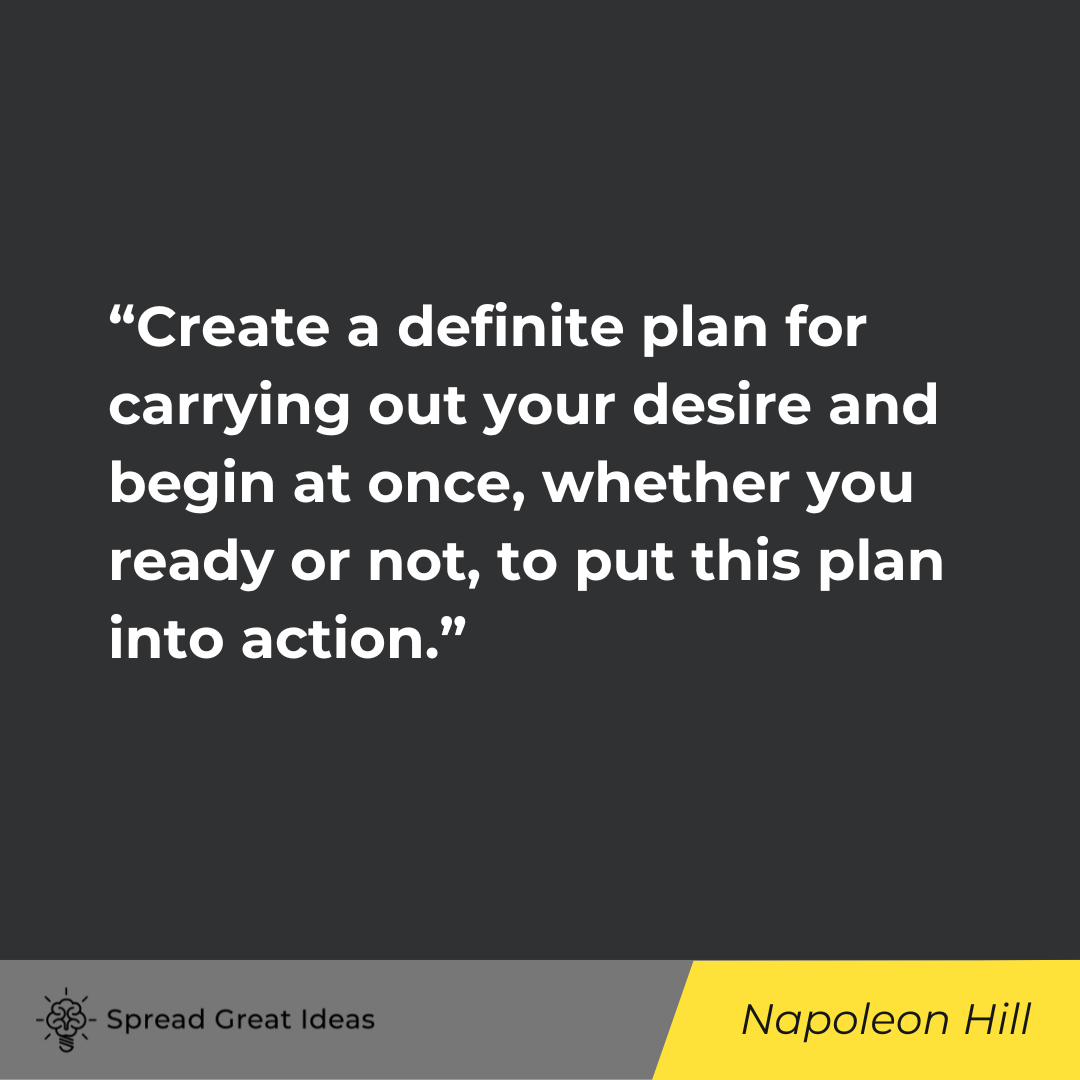
Pablo Picasso
“Our goals can only be reached through a vehicle of a plan, in which we must fervently believe, and upon which we must vigorously act. There is no other route to success.”
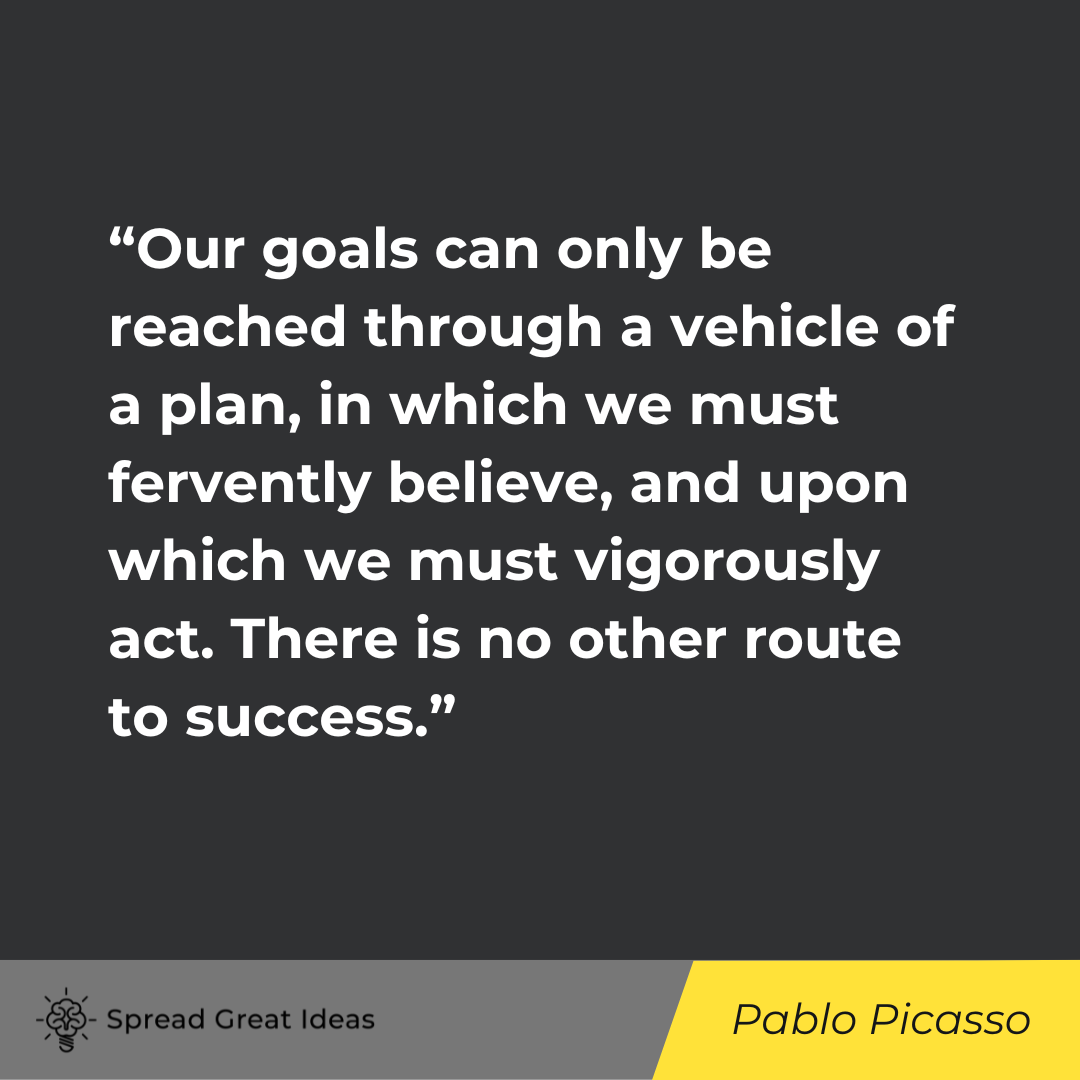
Margaret Thatcher
“Plan your work for today and every day, then work your plan.”
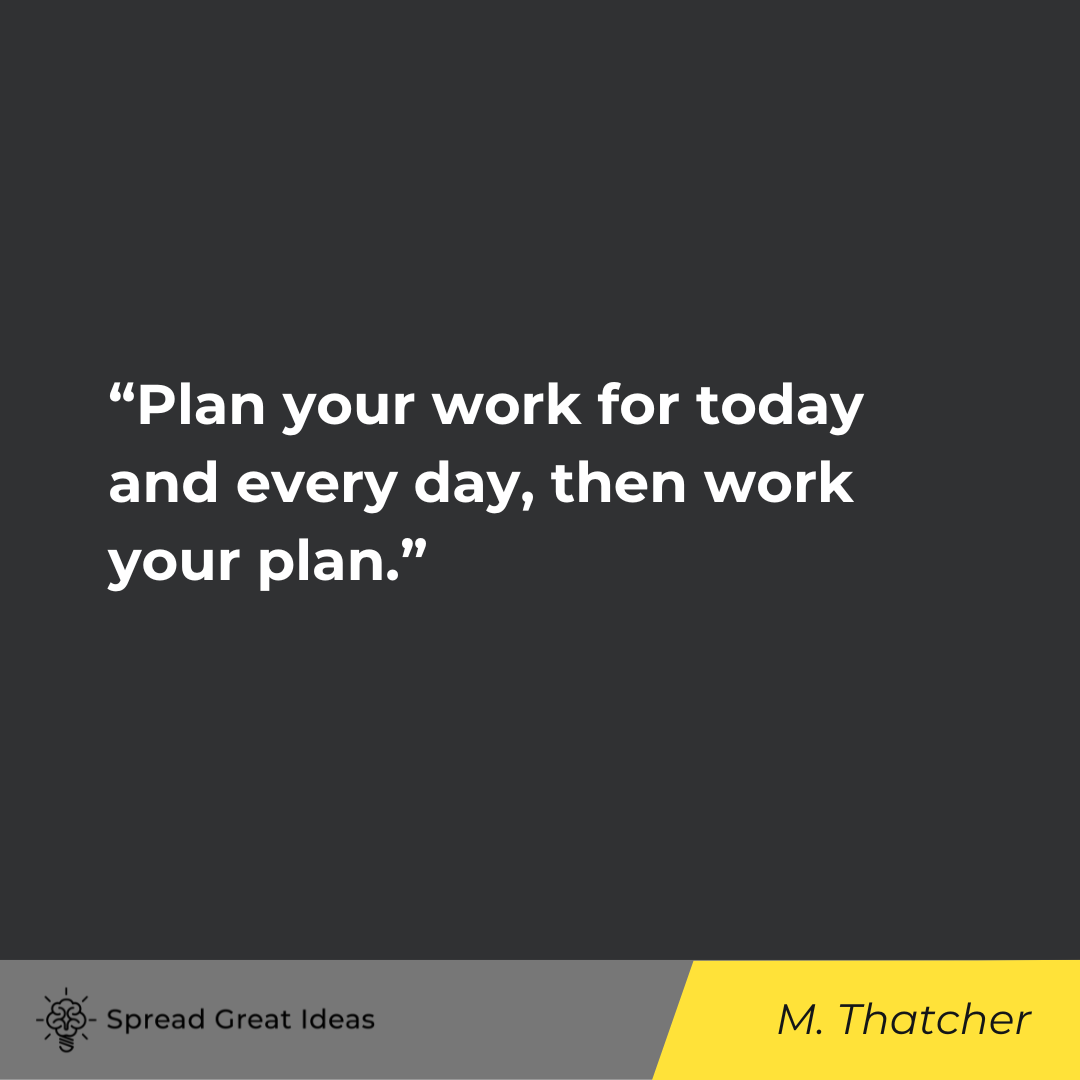
J.R.R. Tolkien
“It does not do to leave a live dragon out of your calculations, if you live near one.”
